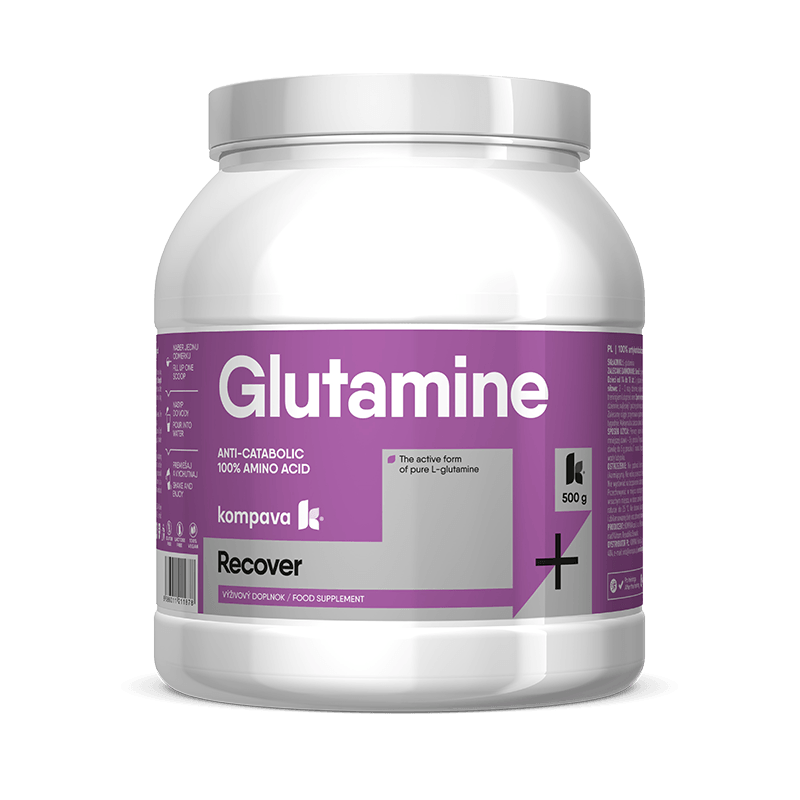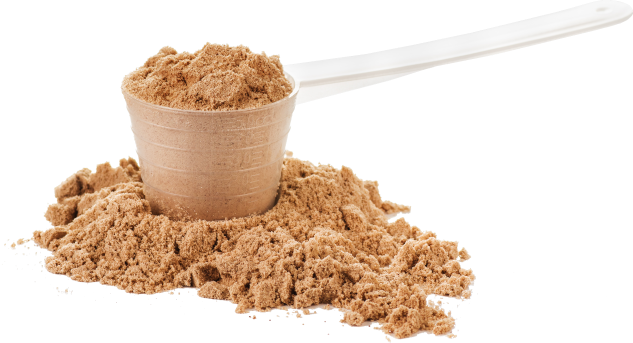
Glutamine is a non-essential amino acid naturally present in the body that plays a key role in protein synthesis, serves as a source of energy for cells, and is involved in many metabolic processes, including the formation of nucleotides and amino acids. One of the important roles of glutamine is the transfer of nitrogen between tissues. Nitrogen is a very important substance in the body, and about a third of the nitrogen in the body comes from the amino acid glutamine.
Glutamine makes up 60% of all amino acids in muscles, and its consumption is up to 5 times higher during training.
Our body can create L-glutamine by itself, but it often happens, especially in active athletes, that the body's needs are greater than its production. It should not be forgotten that active athletes have long-term reduced immunity. The result can be an increased susceptibility to viral diseases, especially in the season of flu and epidemics.Glutamine is a key energy source for rapidly dividing cells such as cells of the immune system, including lymphocytes and macrophages. During stress or illness, the need for glutamine may be increased, leading to increased use by immune cells. Glutamine is also important for maintaining the integrity of the intestinal mucosa, which plays a key role in defending against pathogens and supporting overall immunity. Glutamine is found naturally in foods such as meat, fish, dairy products and legumes. In sports nutrition, glutamine is often used to support recovery and improve performance.

Glutamine contains:
- L - glutamine
100% pure amino acid without added substances. Glutamine together with BCAA is one of the most commonly used supplements to protect muscle mass and regeneration.











